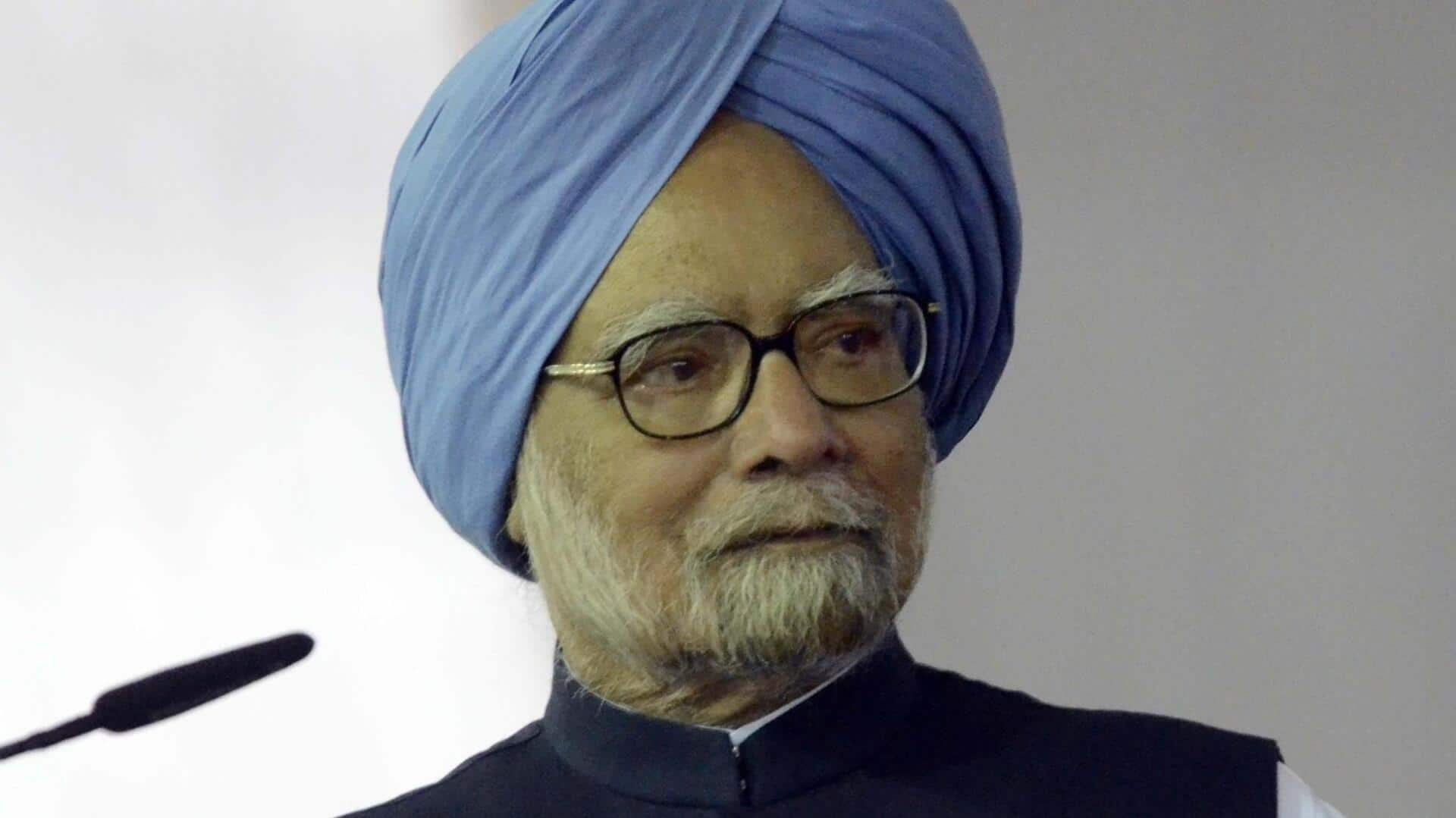
How Manmohan Singh laid foreign policy foundation Modi built upon
What's the story
India's current foreign policy under Prime Minister Narendra Modi builds on the foundation laid by his predecessors, Manmohan Singh and Atal Bihari Vajpayee.
The major shift in India's global diplomacy started with the economy's liberalization in 1991, a move credited to then-Finance Minister Singh.
This course was further defined by the 1998 Pokhran nuclear tests conducted under Vajpayee's PMship.
Diplomatic direction
Singh's focus on foreign affairs and nuclear responsibility
During his tenure as PM from 2004, Singh, despite being a finance and economics expert, gave importance to foreign affairs.
He walked on Vajpayee's path post-Pokhran tests, and worked hard to make India a responsible nuclear state.
A major achievement was getting the Nuclear Suppliers Group (NSG) to approve civil nuclear cooperation, first with the United States.
Nuclear negotiations
Singh's role in India-US civil nuclear agreement
S Jaishankar, then Joint Secretary (Americas) at the Ministry of External Affairs, played a key role in negotiating the India-US civil nuclear agreement under Singh's leadership.
The agreement, which was backed by then-President Dr APJ Abdul Kalam, saw Singh risk his government's survival in 2008.
On September 6, 2008, the NSG approved civil nuclear cooperation between its member states and India—a foundation Modi further built upon after becoming PM in 2014.
Nuclear partnerships
Expansion of India's civil nuclear agreements
Today, under PM Modi's leadership, India has expanded its civil nuclear agreements to multiple countries including France, Russia, Japan, and Australia.
This expansion is a testament to the solid foundation laid by Singh in establishing India as a responsible nuclear state.
Diplomatic shift
Continuation of 'greater engagement' policy under Modi
Singh also upheld Vajpayee's policy of "greater engagement," which continues to be followed by the Modi government.
The policy marked a shift from non-alignment to pushing a multi-polar world vision with key nations like the US, Russia, China, and Pakistan.
Despite facing challenges with Pakistan and China, Singh's government made considerable progress in maintaining peace along the Line of Actual Control (LAC).
Strategic partnerships
Singh's efforts in strengthening ties with key nations
Singh also improved relations with Russia and upgraded ties with Japan to a strategic partnership.
His government built on India's "Look East" policy—now dubbed "Act East"—and strengthened ties with African and Latin-American countries.
These efforts have been carried on by PM Modi, making India an influential voice for the Global South.